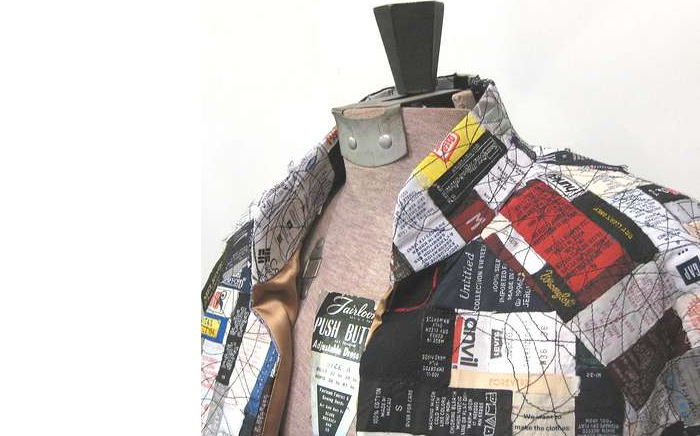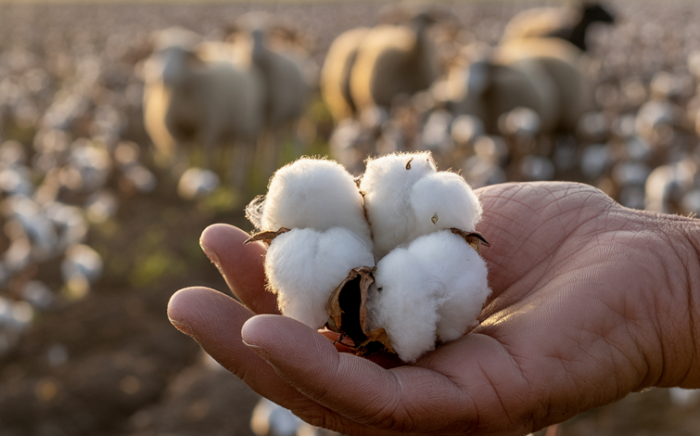In recent years, the fashion industry has begun to take significant steps towards sustainability. However, innovations and initiatives in this field sometimes face challenges. For example, the bankruptcy of Renewcell, an innovative textile company based in Sweden, demonstrated how complex the journey towards circular fashion can be and how achieving sustainability goals can be challenging at times. However, this failure also demonstrated the industry's determination to achieve sustainability goals. Now, many brands and entrepreneurs are stepping up to fill this gap.
In particular, with the increasing demand for products made from recycled materials, such as recycled polyester, new initiatives are emerging. For example, initiatives like H&M's Syre, which focuses on recycled polyester, could be a turning point in the textile industry towards circularity and sustainability. The steps taken by major brands like H&M in this direction contribute to the spread of the sustainable fashion movement and the creation of more awareness among the masses.
However, the real impact of such innovations depends on the commitment of businesses and consumers to these sustainable choices. Businesses can play a significant role by embracing sustainable materials and transforming their supply chains. This includes adopting sustainable principles such as fair business practices, environmentally friendly production processes, and more efficient use of resources. Additionally, the demand for these products and sustainable shopping habits of consumers are crucial. Consumers can contribute to positive changes in the fashion industry by making informed purchases and choosing sustainable brands. Only in this way can the fashion industry truly move towards a sustainable future. In this process, the collaboration between businesses and consumers plays a critical role in creating a sustainability-focused fashion industry.

 Back to Blog
Back to Blog











